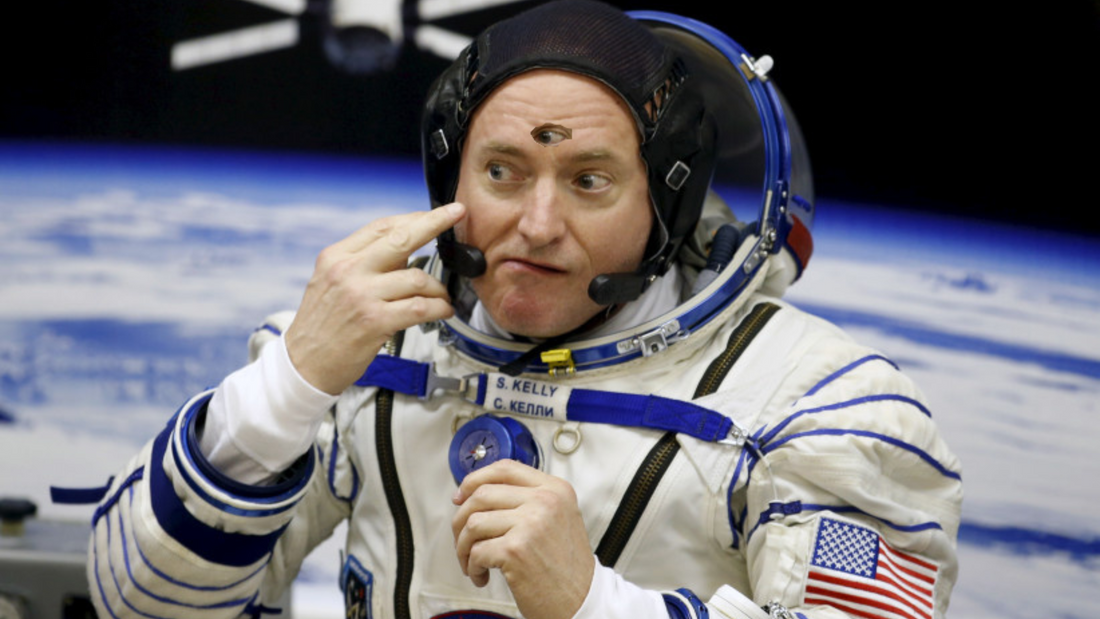
Space is Mutating Astronaut Blood, Study Finds
Share
A study that stored astronaut blood for 20 years finds astronaut cancer risk needs to be closely monitored.
According to a Nature Communications Biology study published on the 31st of August, all fourteen astronauts in the study had DNA mutations in blood-forming stem cells. Despite the high level of mutations, considering the astronauts' ages, they were below a key threshold of concern.
However, the results of this study are not particularly remarkable given that astronaut blood was kept alive for such a long period of time. Rather, the researchers suggest that astronauts should be subject to periodic blood screening to monitor possible mutations. (And it should be considered in context; another 2019 study, for example, found that astronauts are not dying from cancer due to ionising space radiation.)
NASA's Artemis program on the moon and later human expeditions to Mars will require monitoring programs. (Both the new study and the 2019 cancer study considered astronauts on short-duration missions.)
As a result of the growing interest in commercial spaceflight and deep space exploration, as well as potential health risks associated with repeated or long-duration exploration space missions, the team decided to conduct the new study. According to the statement, David Goukassian, a cardiology professor at Icahn Mount Sinai, was the lead author of the study.
It has recently changed its lifetime radiation requirements for astronauts, which critics argued discriminated against women, who historically had lower limits than male astronauts. (Other genders have not been disclosed in the agency population).
Compared to statistics for the population who have been to space, the 14 astronauts considered in the study had a higher rate of somatic mutations in their genes.
The space cohort flew 12 days on average on shuttle missions between 1998 and 2001. About 85% of the astronauts were men, and six of them were first-timers.
The astronauts' whole blood samples were collected twice, exactly 10 days before spaceflight and on landing day. White blood cells were collected once, three days after landing. The blood samples were kept chilled at minus 80 degrees Celsius for 20 years.
However, less than two percent of the genes showed somatic mutations. Cardiovascular disease and some forms of cancer are more likely to develop in people who breach that threshold, the statement said.
"The presence of these mutations does not necessarily mean that the astronauts will develop cardiovascular disease or cancer, but there is the risk that, over time, this could happen through ongoing and prolonged exposure to the extreme environment of deep space," Goukassian added.
You’ve come this far…
Why not venture a little further into A.S.S. - our exclusive Australian Space Society.
And keep thrusting Australia into the deep unknown…
#Space_Aus

/https://tf-cmsv2-smithsonianmag-media.s3.amazonaws.com/filer_public/45/ef/45efc813-5420-4369-b2ce-8f02185947fb/jpg)



